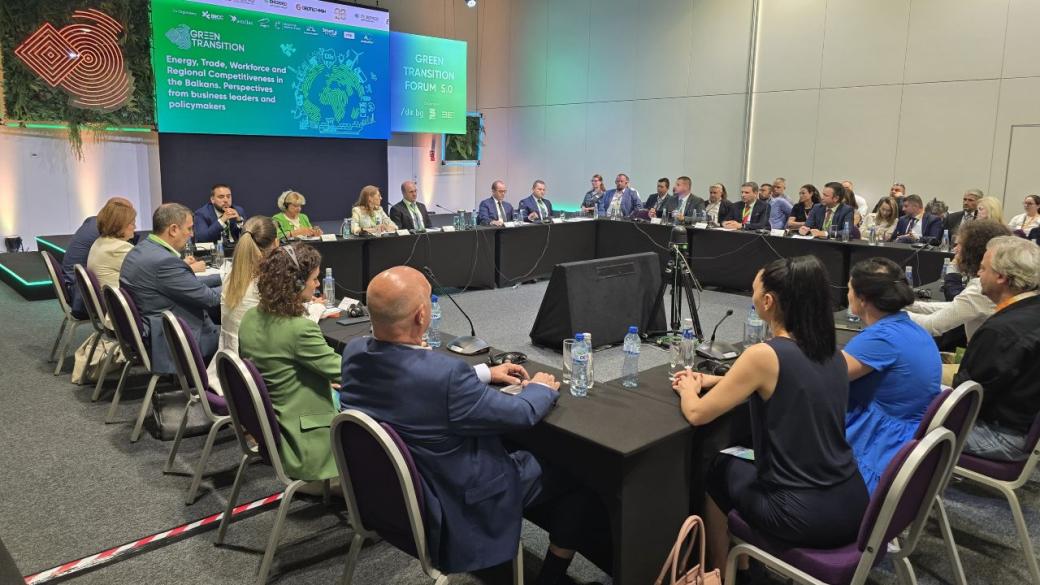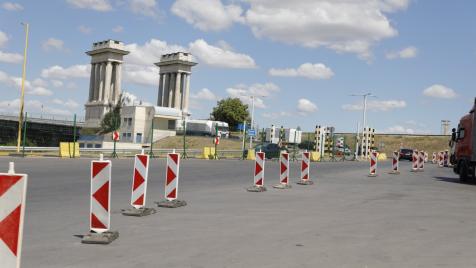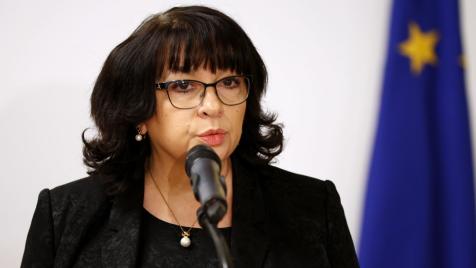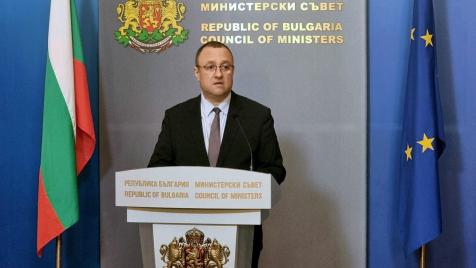Balkans without borders: How the region can attract new investments
The lack of infrastructure and logistics integration hinders the region's competitiveness

Key issues in the field of energy, trade, and regional competitiveness in the Balkans were discussed on June 17 during the Green Transition forum. The central focus of the conversation was the need for greater connectivity and integration between countries in the region.
Among the main highlights were: the current dynamics of trade between Bulgaria, Romania, and Turkey; priority sectors for investment; opportunities for cross-border cooperation; the removal of regulatory and logistical barriers; the strengthening of the digital economy and the technological ecosystem; and issues related to cybersecurity and data protection in a connected market.
The Balkans – and especially the countries in our region – have a unique opportunity to transform themselves from a periphery into an engine of Europe's new industrial transformation," said Eleonora Ivanova, Vice-Chair of the Management Board of the Bulgarian-Romanian Chamber of Commerce (BRCC) and moderator of the discussion.
She emphasized that one of the key conditions for sustainable leadership is effective partnership between business and public institutions.
Viktor Gugushev, lawyer and chairman of the Bulgarian-Romanian Chamber of Commerce, pointed out that the Balkans remain an underestimated region with exceptional potential. However, according to him, a major problem hindering development is the weak connectivity between Bulgaria, Romania, and Turkey—a problem that has existed for decades. It is precisely the lack of infrastructure and logistical integration that prevents the region from being competitive with other parts of Europe.
H.E. Brâncușă Ioana Predește, Ambassador of Romania to Bulgaria, supported this view, emphasizing that enhanced regional cooperation is key to overcoming common challenges. According to her, the countries in the region must invest purposefully in road infrastructure, expand trade links with their neighbors, and above all, build more bridges over the Danube River as a symbol and instrument of connectivity.
Krasimir Yakimov, Deputy Minister of Innovation and Growth of the Republic of Bulgaria, said:
We are faced with the important task of demonstrating and proving the potential of a connected, sustainable, and competitive Balkan region.”
He presented specific measures taken to improve the investment environment in the country:
- simplified procedures and conditions for investor certification;
- shorter administrative service deadlines – by up to 50%;
- lower minimum equity requirements – from 40% to 25%, whether through own funds or attracted capital;
- faster processing of documentation by the Bulgarian Investment Agency and municipal administrations.
All these steps lead to faster implementation of investment projects, more effective start-up or expansion of business, and accelerated attraction of skilled labor," the deputy minister emphasized.
In conclusion, he outlined long-term priorities for improving Bulgaria's competitiveness: investment in human capital, talent development and retention, and building cross-border capacity.
Hristo Radichev, Bulgaria manager at Mediapost Hit Mail, focused his presentation on the demographic challenges facing Europe. According to him, the continent is facing negative natural growth, leading to a decline in population. This requires new solutions, including controlled migration of labor from regions with rapidly growing populations, such as Africa, where growth rates are almost double the global average.
Radichev stressed that in the future, renewable energy sources will not be sufficient to meet all the needs of the economy. Therefore, according to him, fossil fuels such as oil will continue to play a role in the energy mix. In this context, he warned of a possible increased dependence on China if Europe does not diversify its sources and develop its own technological and resource capacities.
The mayor of Ruse Municipality, Pencho Milkov, said: “It is time to stop seeing ourselves as the end of Europe – we are its beginning.”
He argued his position with the geostrategic importance of the region, through which key trade and transport corridors from Asia to Europe pass. According to him, if the Balkans act together and if quality of life is the leading value, the region will achieve sustainable development and significant results.
Veselin Todorov, founder of VBT Engineering Ltd., also emphasized the lack of connectivity and integration at the regional level.
He noted that this lack of coordination and weak infrastructure connectivity lead to a fragmented business environment and increased costs, especially in the electricity sector. According to him, regional cooperation is key to improving business efficiency and competitiveness.
Marianna Varbanska, intern reporter at Economic.bg, is working on this topic.
Translated with DeepL.

 Economic.bg
Economic.bg 


